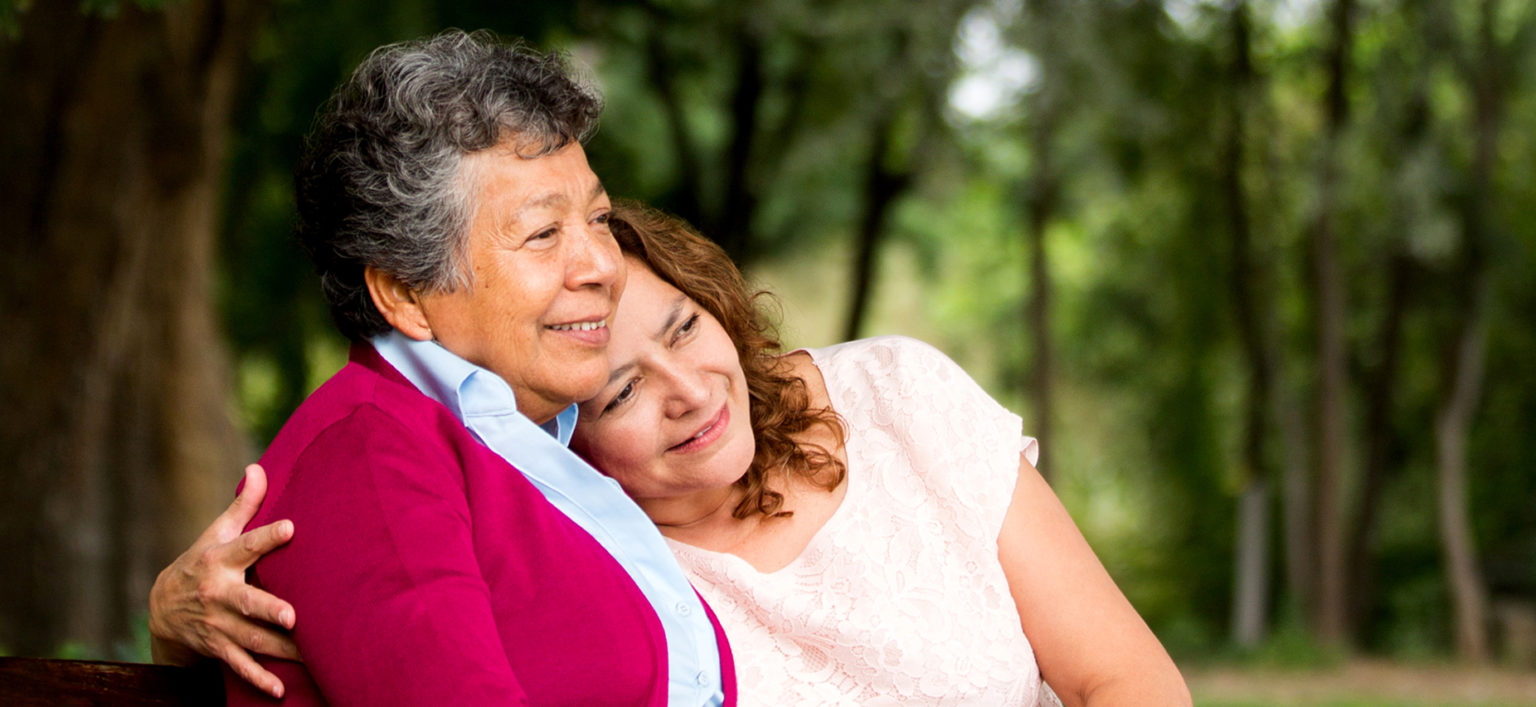Picture yourself sitting on an airplane. The cabin door closes and the attendant demonstrates how to lock and unlock your belt, and then you are shown an oxygen mask. The instructions are pretty clear: “In the event of an emergency, put the mask on yourself, then assist younger passengers.” The message is simple. If you are deprived of oxygen, you cannot care for those around you. The oxygen mask is often a visual we use to describe the mission of David’s Refuge; to offer care to the caregiver.
David’s Refuge came into existence to remind mothers and fathers who also function as full-time caregivers of the importance of self-care. These caregivers provide around the clock care to their children with special needs, but simply put, don’t take any care of themselves. Who can blame them? There is no time or resources for self-care. Everything is poured into caring for their precious children. Our mission at David’s Refuge is to remind caregivers that self-care is a necessity and must be taken seriously. We do this by providing respite, education, and a community of support along the way.
Did you know that caregiver fatigue leads to burnout, anxiety, depression, divorce and both physical and mental sickness? One study found that the parents of children with special needs can suffer from the same trauma as that of a combat soldier. It is the daily uncertainty of your child’s diagnosis, the daily battles with the school, the insurance, the medical providers. It is the daily fear of what will happen next that will cause caregivers to feel like they are waiting for the “other shoe to drop,” and when mom and dad are in burnout mode, the family will suffer.
The basic essentials of happiness are grounded in our desires as human beings to feel connected and to have autonomy in our lives. The caregivers we serve lose these two vital pieces when they have a child with 24/7 medical demands. People in their life pull away because they no longer know how to relate. Their child’s behavior will dictate every move for the family, and can prevent parents from having any ability to make their own decisions on how to spend their time. Parents are often so consumed with caregiving that they lose track of themselves and of each other.
David’s Refuge was formed out of need and is working to create a solution. Our mission is to provide respite, resources and support. Our multi-service, approach ensures that caregivers and their families develop a renewed importance on self-care, and a renewed hope that they are not alone in their journey. It is our hope that with continued work, our vision to one day become nationally recognized for empowering caregivers to lead their families with strength and grace will be realized.
Our main service offers caregivers two nights away at a beautiful bed and breakfast or hotel location. Multiple caregiving couples attend at the same time, creating opportunities to meet other parents on the same journey. Many friendships are started during a weekend retreat. In addition, we offer year-round support through family fun events like picnics, holiday gatherings and spa days for mom. Monthly wellness webinars provide self-care tips and education to caregivers from the comfort of their own home. A private Facebook group for care-givers provides a safe forum for caregivers to voice concerns, share grief, ask for help or share resources. Our intention is to provide constant year-round touches, and to continually re-mind caregivers that they are not alone, what they do matters and that God and this community love them. Join us!
Here are 10 easy ways that you can support a caregiver today
1. Ask mom and dad to teach you how care for all their children so that they can comfortably agree to your offer to babysit.
2. Accept them for who they are without judgment, bias or opinion.
3. Do not offer unsolicited advice. Instead, ask questions and show concern.
4. Befriend families that have children with special needs. Invite them over for a meal. Include the child with special needs in birthday parties.
5. Let caregivers know you are thinking of them. Write a note, drop off a meal, send a text or give them a call.
6. Become educated about the unique conditions of all children you know. Many parents of children with special needs fail to go out because they fear the stares, insults and unfriendly attitudes of those they will encounter.
7. Offer to accompany the parent to doctor appointments. Get-ting a child with special needs into a doctor’s office and situated is quite difficult, especially if the parent has another child to watch at the same time.
8. Volunteer to do laundry, clean, mow the lawn, shovel the driveway or run errands.
9. Give moms and dads of children with special needs an opportunity to share what’s on their heart and then listen.
10. Encourage all parents to take care of themselves. They must keep themselves healthy in order to best care for their family. Encourage them to join the David’s s Refuge at davidsrefuge.org.
Remember, parenting can be a difficult journey under any circumstances, but it’s especially challenging for those who provide full-time care to children with special needs. When we make the effort to tangibly show these families that we care, we demonstrate love and become a community connected. Isn’t that what we all want?
Kate Houck is the executive director of David’s Refuge.





